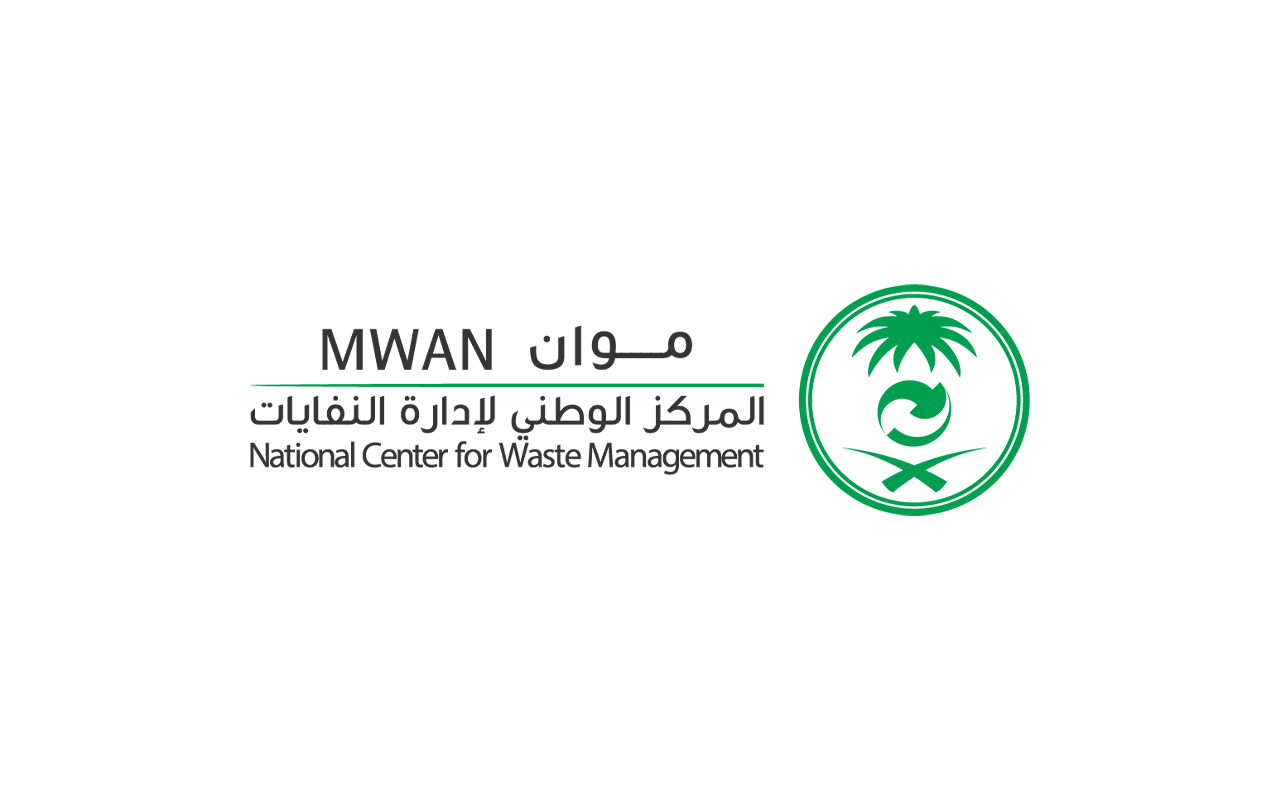National Center for Waste Management
The National Waste Management Center "Mawan" is a government center responsible for regulating, overseeing, and promoting investment in waste and debris management. It was established in 2019 to regulate the waste management sector and direct it toward sustainability by applying international standards, and modern practices and technologies. It is headquartered in Riyadh, the capital, and operates through a board of directors chaired by the Minister of Environment, Water, and Agriculture.
National Center for Waste Management and circular economy
The center follows the principles of the circular economy, with a vision to organize the waste management sector through its adoption of circular economy principles to promote sustainability, environmental protection, and quality of life. It pursues its mission by implementing best practices, technologies, and standards while fostering transparency, effectiveness, compliance, digitization, and innovation. Since 2020, the Kingdom has embraced these principles, contributing to the realization of one of the pillars of Saudi Vision 2030 by developing a vibrant society that enhances both quality of life and services.
Goals of the National Center for Waste Management
The National Center for Waste Management seeks to regulate the waste management sector in the Kingdom, improve its investment appeal and economic performance, encourage responsible behaviors and innovative practices for waste management, increase sector compliance, drive digital transformation in the sector, and maximize data benefits.
Tasks of the National Center for Waste Management
The center is responsible for overseeing the import and export of waste, as well as its collection, sorting, transportation, processing, storage, and management of disposal sites, all with a focus on safeguarding environmental and public health. Additionally, it works on training technical personnel and enhancing the capabilities of those involved in the Kingdom’s waste management system. The center is authorized to issue licenses to service providers, facilities, and beneficiaries within the waste management sector. It also promotes and encourages investment in waste management systems of all types, excluding radioactive, nuclear, and military materials, in order to create investment opportunities and ensure financial sustainability.
Furthermore, the National Center for Waste Management collaborates with universities, institutions, and research centers to foster research and innovation in artificial intelligence and integrated waste management fields.
Waste Management Strategic Master Plan
The National Center for Waste Management aims to set a comprehensive technical and economic plan to divert 90 percent of waste from landfills by 2040. This initiative will implement circular economy principles, increase waste utilization, reduce government spending on waste management, and minimize the environmental impact of the Kingdom’s waste production and management systems. Additionally, the plan seeks to align all stakeholders in developing integrated and unified solutions for the sector.
Initiatives of the National Center for Waste Management
The National Center for Waste Management offers various initiatives, including the Sustainable Initiative, which encourages institutions to voluntarily commit to reducing waste production and promoting recycling by embracing circular economy principles. Additionally, the Sustainability Partners Initiative brings together the center’s partners from private companies, national institutions, and universities to collaborate on regulating the waste management sector and steering it toward sustainability.
In December 2022, the National Center for Waste Management launched the #Reduce_Repeat_Recycle campaign, an awareness initiative focused on waste reduction. This campaign featured interactive educational booths, where visitors learned effective ways to conserve energy, minimize waste, and raise environmental awareness. The campaign was rolled out in two phases: the first, from December 29 to December 30, 2022, in Riyadh, Najran, the Eastern Province, Qassim, the Northern Borders, Hail, Tabuk, and al-Jawf; and the second, from January 5 to January 6, 2023, in Riyadh, Makkah al-Mukarramah, Jeddah, Taif, al-Madinah al-Munawwarah, Jazan, Abha, and al-Bahah.
Waste Management Law Violations Classification Schedule
In November 2023, the National Center for Waste Management approved the Waste Management Law Violations Classification Schedule to regulate roles and responsibilities, deter violators, enhance environmental practices, and reduce inconsistencies in the waste management sector. The schedule aims to empower the private sector while safeguarding both local and international investors in the sector.
It outlines ninety-seven types of violations, which include breaches of licensing and permit provisions, violations of waste value chain provisions, violations of waste import/export provisions, failures in extended producer responsibility provisions, violations of waste management plans, shortcomings in inspection and audit processes, issues with waste management service contracts, and other general violations of the Waste Management Law.
